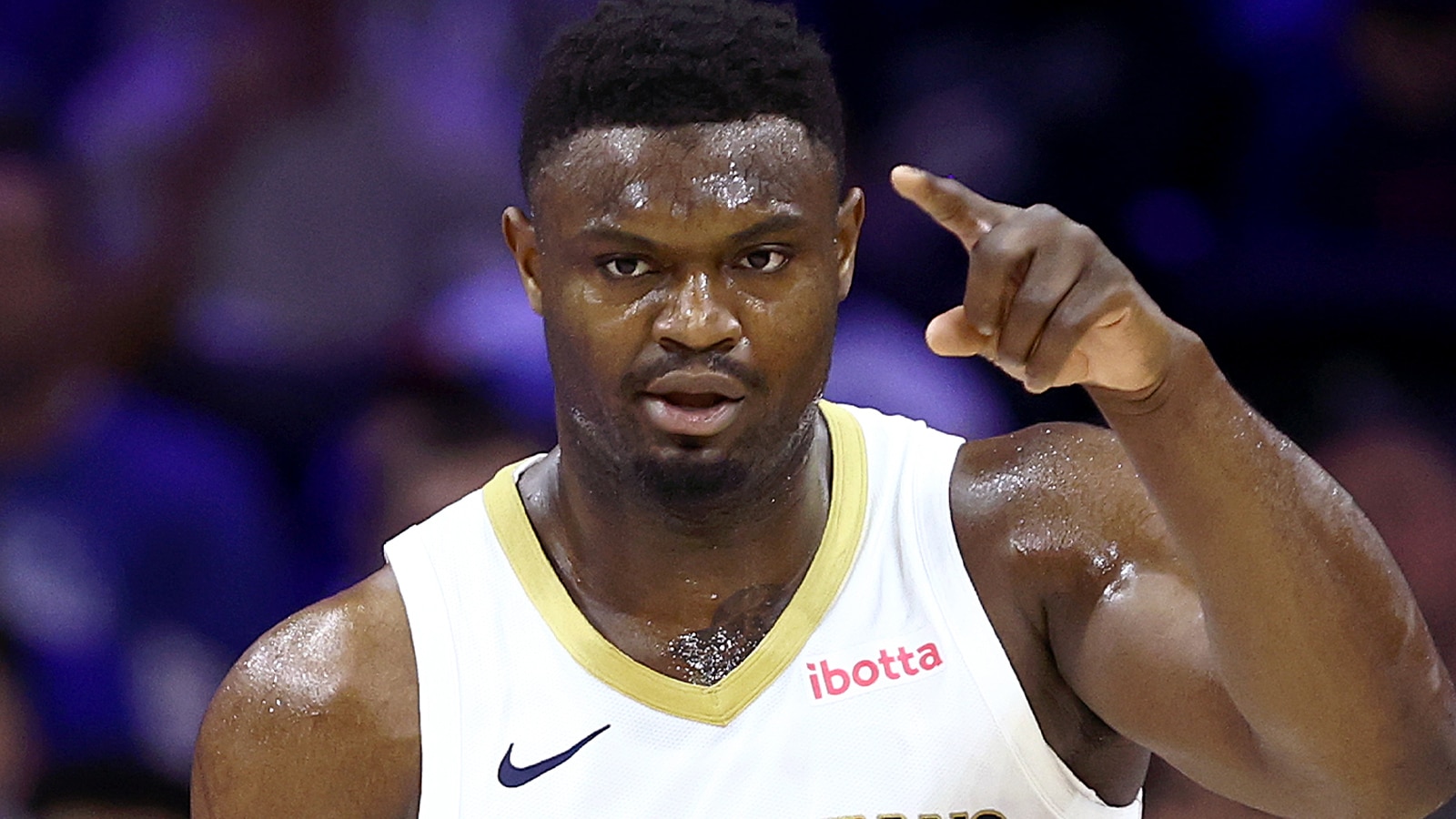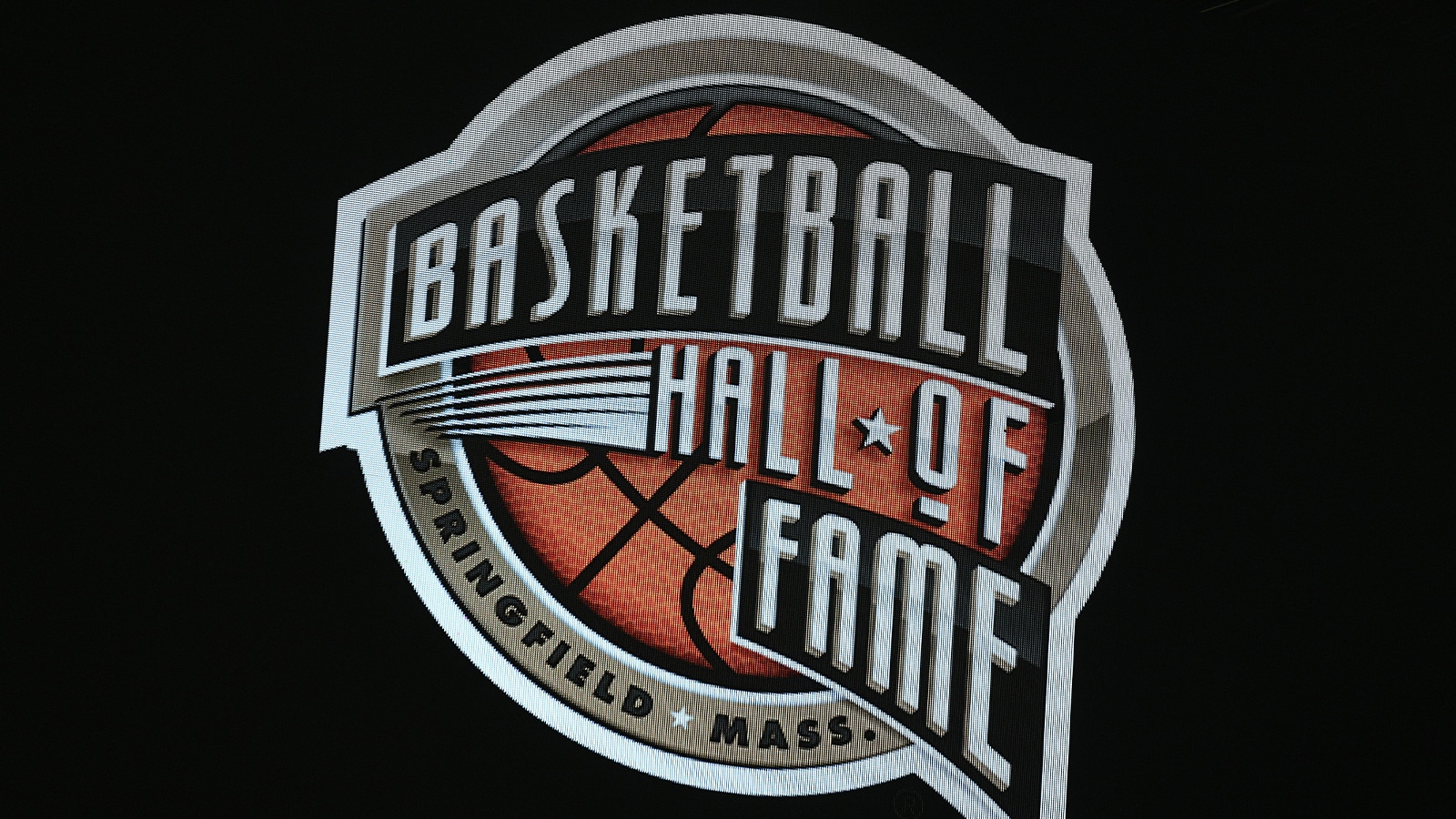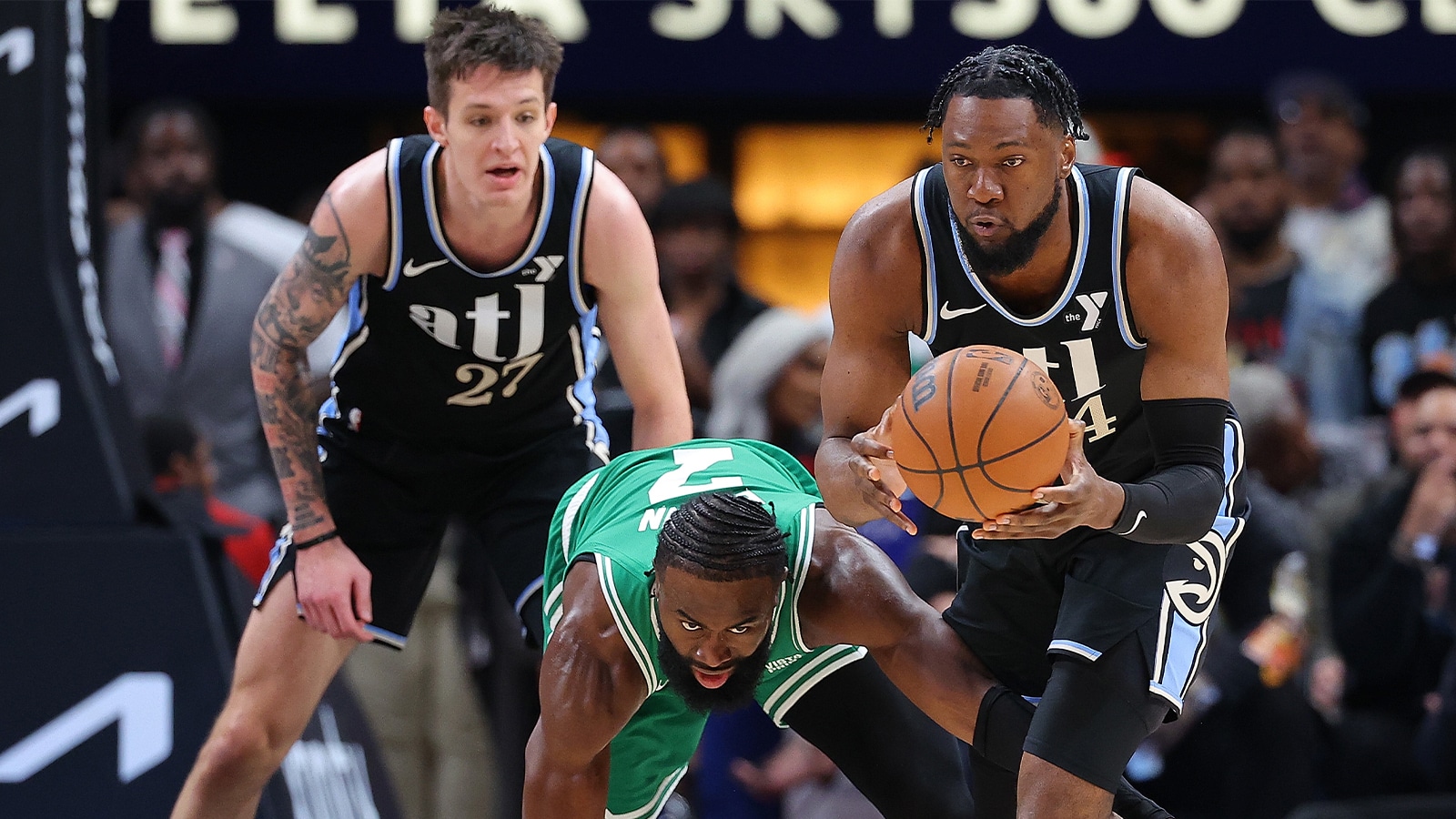
Magic Johnson and Dennis Johnson: From Friends to Enemies After D.J.’s Trade to the Boston Celtics in 1983
There’s something about that Boston Celtics jersey that irks Los Angeles Lakers players and fans. In the 1980s, Magic Johnson and Larry Bird helped rekindle the Celtics. vs. Lakers rivalry that took part in the 1960s. Boston vs. LA was must-see NBA TV in the ’80s.
In every year of the decade, either the Lakers or the Celtics reached the NBA Finals. They squared off against each other three times. In 1983, the Celtics swung a trade with the Phoenix Suns to acquire Dennis Johnson. D.J. and Magic Johnson, once offseason buddies, became enemies once the trade went through.
Dennis Johnson and Magic Johnson squared off in the NBA Finals for the first time in 1984
The Boston Celtics had a guard problem in the early part of the 1980s. They had a tough time handling All-Star guards like Sidney Moncrief of the Milwaukee Bucks and Andrew Toney of the Philadelphia 76ers. The Bucks and the Sixers bounced the Celtics from the postseason in each of the last two seasons.
The Celtics acquired D.J. from the Suns in somewhat of a gamble. Although it only cost the Celtics backup center Rick Robey and two second-round picks, Johnson came to Boston with a reputation. The 6-foot-4 guard from Pepperdine wore out his welcome with the Seattle SuperSonics and did the same in Phoenix, clashing with coaches.
D.J. made all the difference in the world in Boston. A shutdown defender, Johnson also proved he could score. During the 1984 NBA Finals, the Lakers completely outplayed the Celtics through the first three games but only held a 2-1 series lead. At halftime of Game 4, Celtics head coach K.C. Jones made a move involving Johnson that may have changed the series.
D.J. struggled offensively through the first three games. He had four points on 2-for-8 shooting in Game 3, one the Lakers easily won 137-104. Jones decided to make D.J. focus strictly on defense in the second half of Game 4, assigning him to guard Magic Johnson.
“I thought I was into the game, but the first game in L.A. (Game 3) convinced me that I wasn’t,” said DJ, according to Sports Illustrated in 1984. “Even K.C. had to come over to ask if something was wrong. I told him that whatever it was, it wouldn’t be there again. I had been missing jump shots since January, and I knew why, but I never took the time to adjust. It was just a case of getting mentally and physically aggressive.”
With D.J.’s sole focus on stopping Magic, he didn’t overthink his offensive woes. From that point on, he not only helped contain Magic, but he also found his scoring rhythm, finishing with 22, 22, 20 and 22 points in the final four games as Boston outlasted LA in seven games.
D.J. and Magic saw their offseason friendship come to a halt in 1983
According to Jackie MacMullan’s book When the Game Was Ours, Magic and D.J. played against each other in the summer and occassionally had dinner together with their wives. Once D.J. became a member of the Celtics, that LA/Boston rivalry extended beyond the court.
“In the past it would have been, ‘Hey man, how you been?’ said D.J., per MacMullan. “Where you going to be later? Let’s hook up.’ Not this time. It was, ‘Hey, how are you? See you later.'”
Magic felt the same way.
“Once he started wearing Celtics green, we were done socializing,” he said.
After D.J.’s trade to Boston, the Celtics/Lakers rivalry hit full throttle. Highlighted by Kevin McHale’s clotheslining of Kurt Rambis, the Celtics rallied from a 76-70 deficit in Game 4 to tie the series at two games apiece in the 1984 NBA Finals before winning in seven.
Magic and the Lakers got revenge in 1985, closing out the series in Boston in six games. They became the first visiting team to clinch a series on Boston’s home court. The Lakers also defated the Celtics in six games in 1987.



